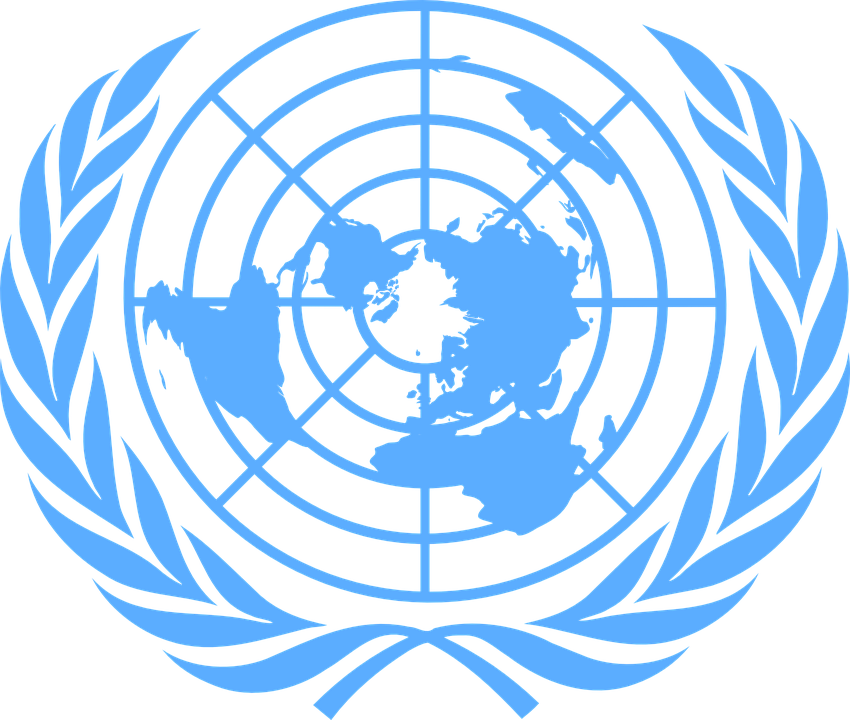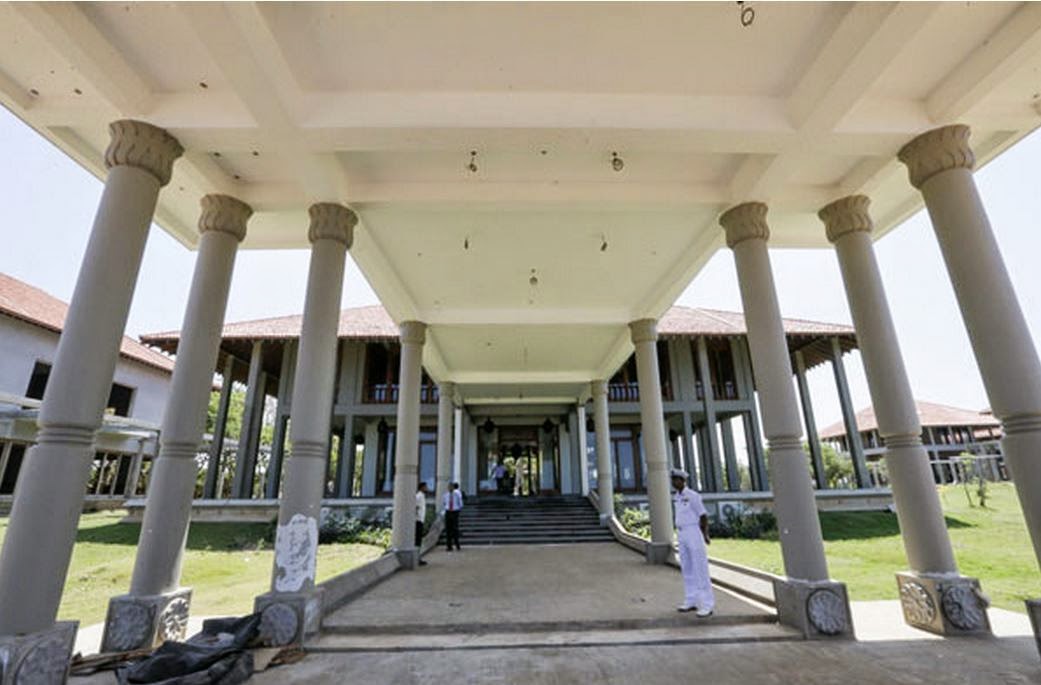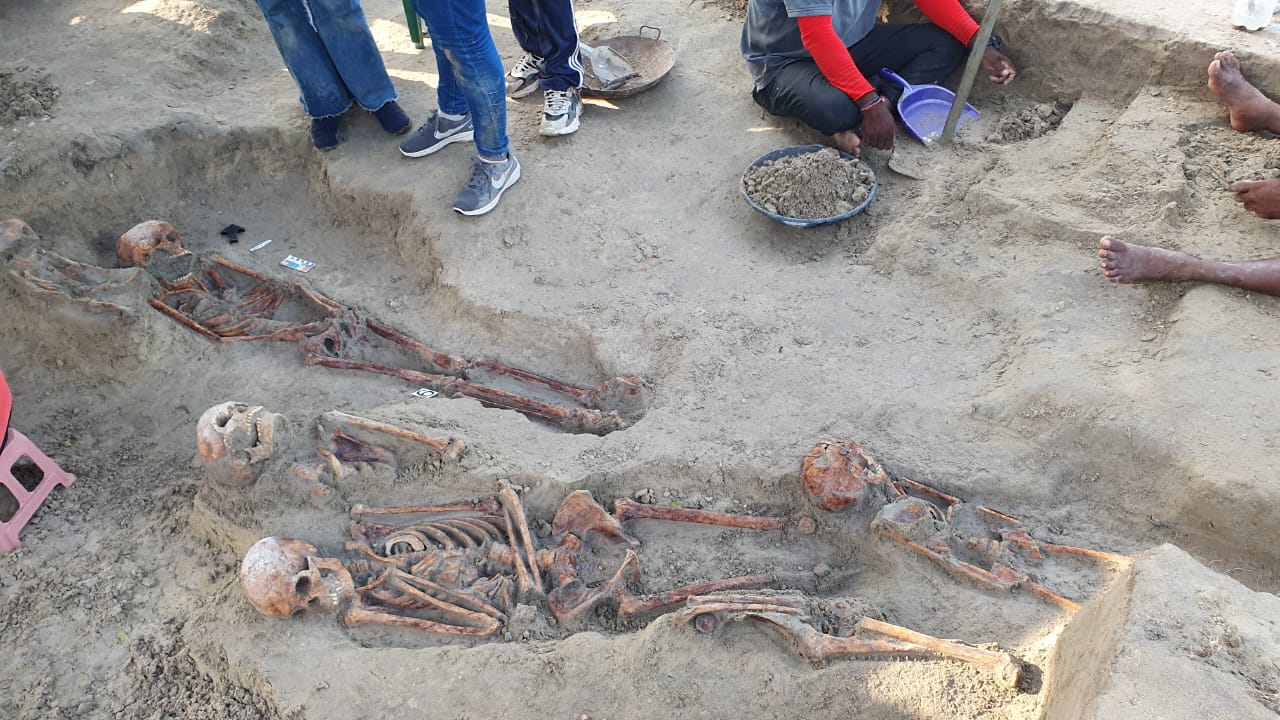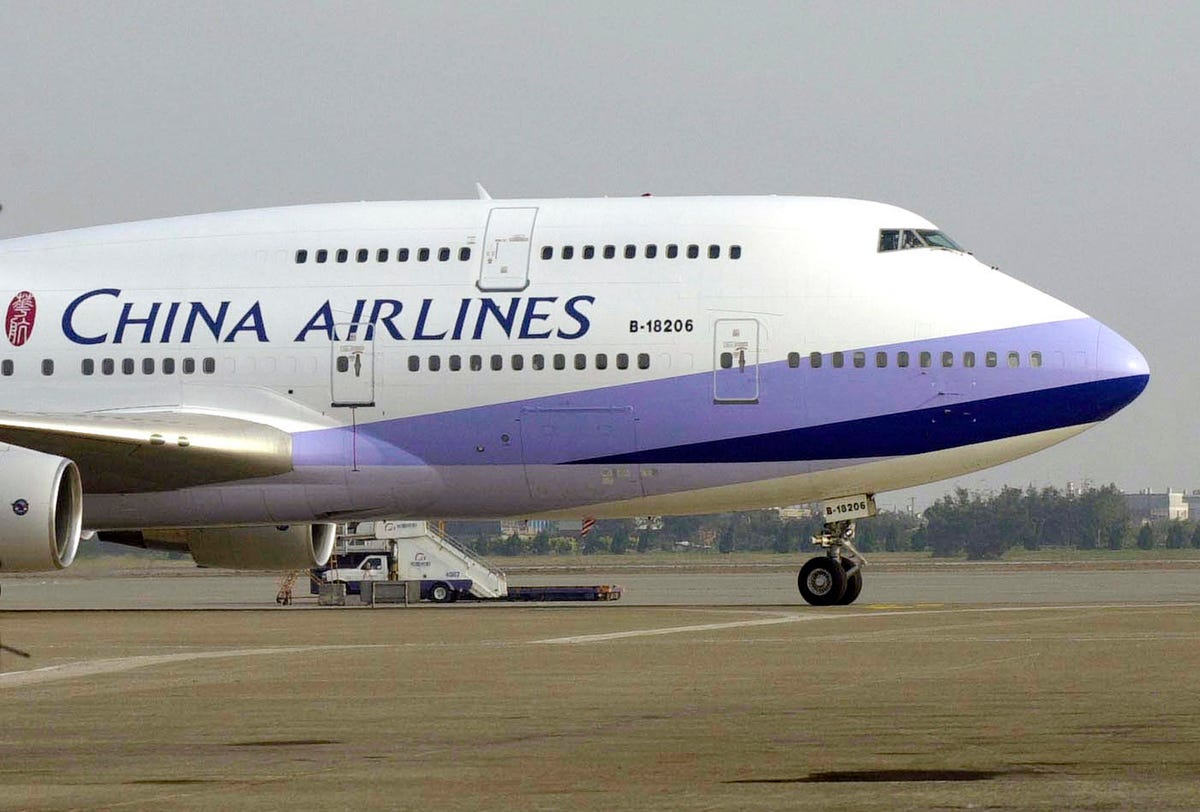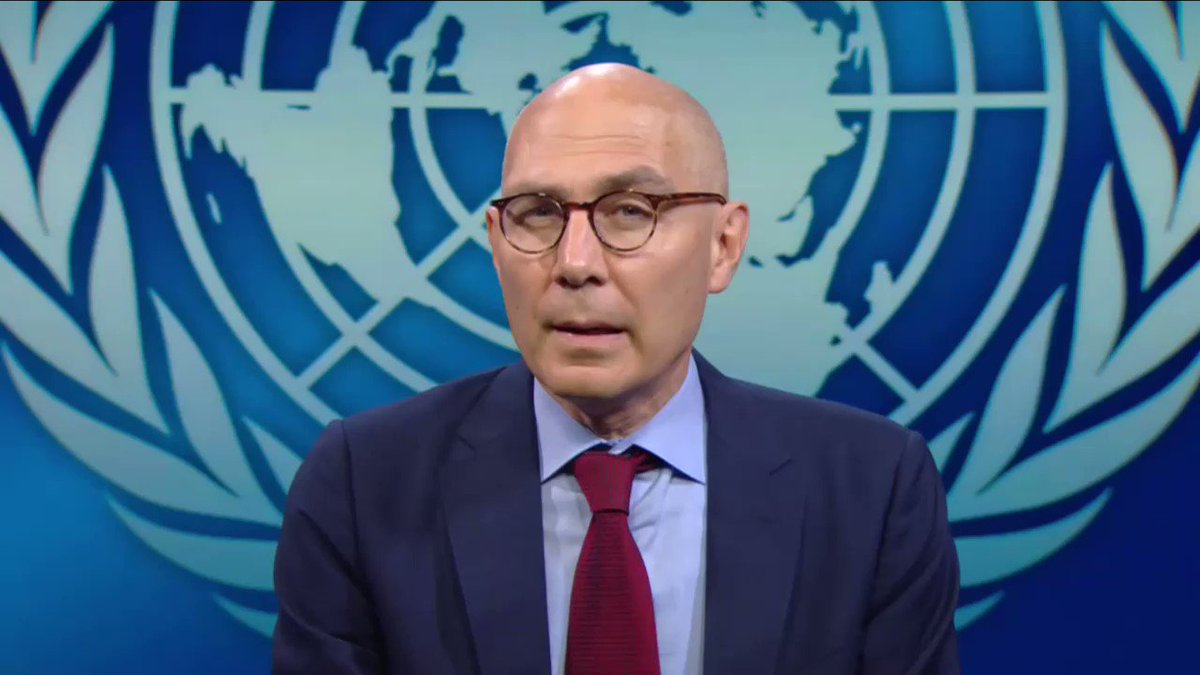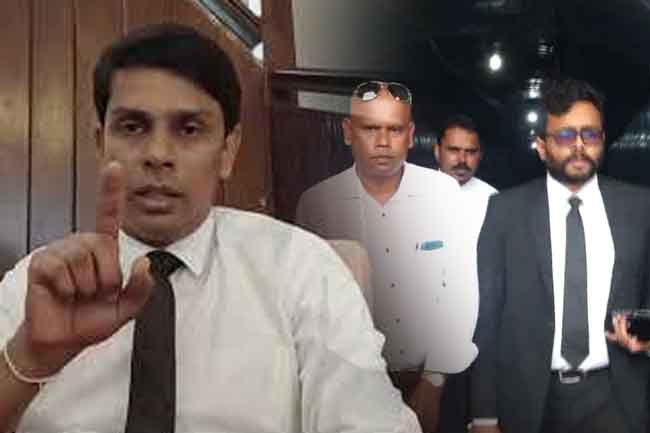Sri Lanka government is yet to be officially informed over United Nation-flagged research vessel’s decision on not doing the planned research due to approval delay from the island nation’s government, Foreign Minister Vijitha Herath said.
Sources from the Foreign and Fisheries Ministries say the Food and Agriculture Organization (FAO) has informed that the research vessel “Dr Fridtj of Nansen” will not come to Sri Lanka research purposes because Sri Lanka delayed the approval as it has delayed to formulate standard operating procedures (SOP) to handle foreign research vessels.
Foreign Minister Vijitha Herath, however, said the government is “not officially informed”.
UN sources say Sri Lanka’s research opportunity is now given to Madagascar.
President Anura Kumara Dissanayake gave special approval for the research vessel after repeated requests from the UN.
The approval for the UN’s research vessel was not given due to the government’s delay in formulating standard operating procedures (SOP) to handle foreign research vessels.
Sources aware of the research vessel ghave told the EconomyNext that the “Dr Fridtj of Nansen” (F. Nansen), a state-of-the-art vessel was expected to conduct research involved with fish stock and the health of marine ecosystems in the Sri Lankan water.
Sri Lanka had originally rejected the UN request for the research vessel, which was scheduled to conduct the research from July 15-August 20 on the request of the previous Sri Lankan government.
As per original plan, it was scheduled to sail to Dhaka from Colombo and Bangladesh scientists are expected to get into the vessel while it is in Colombo after it finishes research in Sri Lanka, Sri Lanka government has agreed to allow the vessel to use its facilities to take Bangladesh scientists onboard.
The government did not allow the UN research vessel “pending the development of standard operating procedures for foreign research vessels”, a UN document said.
The cancellation of the visit would incur direct losses of over $1 million to Sri Lanka through the FAO and likely to reduce the efficacy of upcoming programming financed by the Green Climate Fund which would heavily rely on the data generated by the F. Nansen,” the document said.
If the current visit is cancelled, another would not be feasible until after 2030.
Cancelling the UN research vessel’s visit would deprive the country of critical data essential to the government’s decision making, damaging the prospects for economic development in a key sector of the economy, the UN has said.
The UN said the vessel is equipped to support Sri Lanka in the sustainable management of marine ecosystems and aquatic resources, in line with the request expressed by the Sri Lankan government.
Sri Lanka imposed a one-year moratorium over foreign research vessels amid pressure by India and the United States over Chinese vessels coming for research purposes.
Both the US and India have pressed Sri Lanka after two Chinese research vessels came to the island nation within 14 months.
The moratorium ended on Dec. 31, 2024, but President Anura Kumara Dissanayake government’s cabinet in January decided to appoint a new committee to review the existing SOP and come up with a new SOP to facilitate foreign research ships.
The government appointed the committee to look into the SOP only in the previous week and the first meeting was held on June 19.
The FAO has coordinated the deployment of the “Dr Fridtj of Nansen” vessel to Sri Lanka following a November 2023 request from the previous Sri Lankan government.
Sri Lanka is facing diplomatic challenges in allowing foreign research vessels within its waters due to geopolitical issues related to India and China.
Sri Lanka and China have agreed to sign a memorandum of understanding (MOU) on maritime cooperation amid Indian concerns over Chinese research ships visiting the Indian Ocean.
In April, Sri Lanka signed a Defence Cooperation MOU which said both neighbour countries will exchange information in maritime and other domains on mutual consent without elaborating.
Foreign Minister Herath in January said Sri Lanka does not have to take approval from India or inform the neighbour on visit of any foreign vessels. Government officials have said some previous governments have maintained such practices to maintain better relationships with India.



